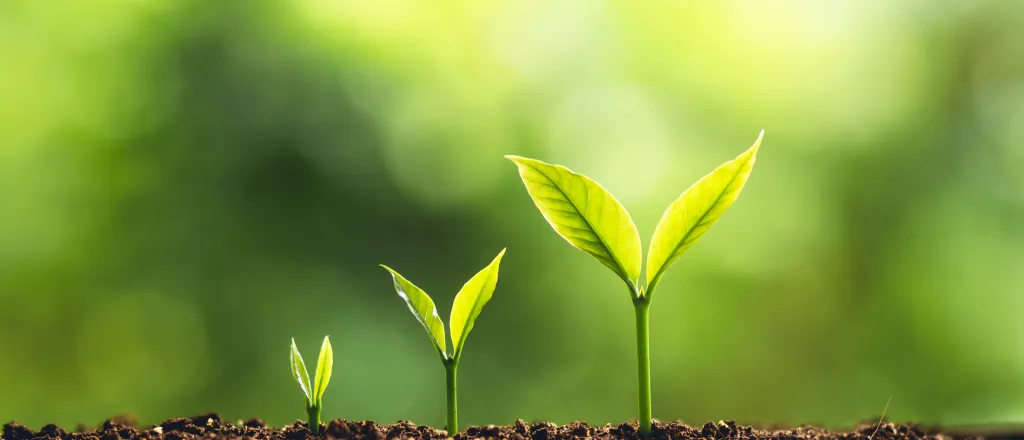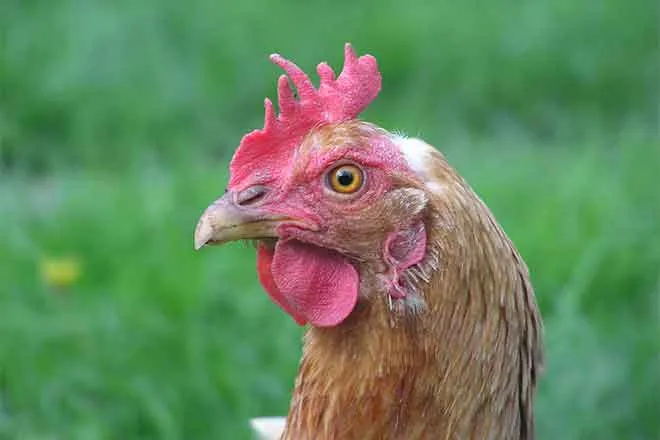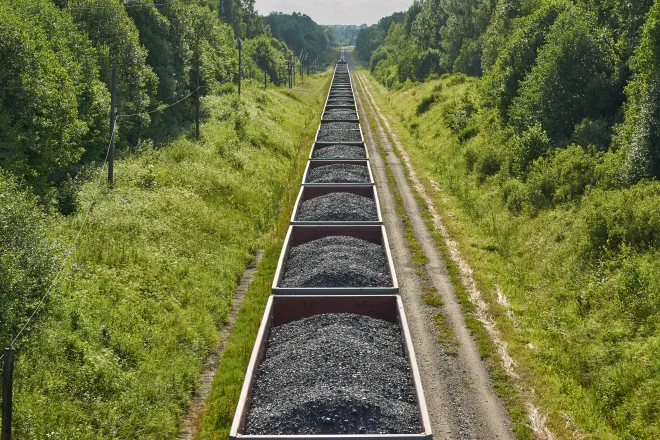
Nebraska’s Ho-Chunk Farms to focus on conservation in 2023
(Nebraska News Connection) A northeast Nebraska farming operation is starting the new year with an even bigger commitment to conservation, and they hope other farms take note.
Cover cropping and organic farming are already practiced by the Winnebago Tribe's Ho-Chunk Farms. And through the U.S. Department of Agriculture's Natural Resources Conservation Service "Eqip" program, they will add more conservation practices this year.
Aaron LaPointe, senior farm manager for Ho-Chunk Farms in Winnebago, said they've enrolled all 3,500 of their irrigated acres into a technology-driven water conservation program, known as the WaterSmart Initiative.
"There's lots of equipment that will inform you on your groundwater levels, which alerts you when to irrigate at the optimal time, using the least amount of water," LaPointe explained. "And also, if you're overwatering, that brings more of an issue when you start talking about leeching of different pesticides and herbicides, and getting things into our groundwater."
The USDA shares the upfront costs of water meters, soil-moisture probes, weather stations, and inspecting irrigation pumps to be sure they are functioning properly. LaPointe emphasized they are confident it will be a good long-term investment, both for water and soil health.
LaPointe noted they have also enrolled all their irrigated acres into another federal program to monitor their herbicide and pesticide use.
"It allows you to efficiently use a certain amount of chemical that you need to kill weeds without overdoing it," LaPointe pointed out. "Because any excess that you spray could eventually end up in groundwater or causing other issues in other things."
Ho-Chunk Farms is part of the Winnebago Tribe's economic development corporation. It will plant nearly 7,000 acres this year. Among those, 1,000 will be cover crops, and another 1,000 will have organically certified crops.
LaPointe hopes their successes will encourage other farmers to take a look at what the USDA offers.
"We, personally, might sit here and say, 'Well, is our 3,500 acres really making a difference?' But if you start inspiring more people to do it, now you're starting to make some real change," LaPointe remarked. "If there is somebody that's going to kind of set the trend and inspire people to maybe move in that direction, I think it should be us."
















